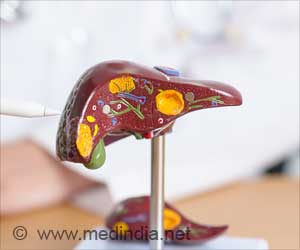Findings of a recent study suggests hunger may be associated with an increased ability to taste. For the study researchers studied 16 men who
Findings of a recent study suggests hunger may be associated with an increased ability to taste. For the study researchers studied 16 men who agreed to skip breakfast. The men had not eaten since 6:30 p.m. the previous evening. Participants were asked to consume sugary, salty or bitter solutions and describe the flavor they tasted. The participants did not swallow the drinks, but instead spit them out after tasting them. One hour after lunch, the men took the test again.
Researchers say when the participants were hungry, they were more sensitive to the sugar and salt in the drinks. However, they say hunger did not influence the participants’ ability to recognize bitter tastes. Researchers say, instinctively, sweet and salty tastes indicate edible substances, while a bitter taste may indicate a substance that should not be consumed. They say this may be why participants were more sensitive to the sugary and salty solutions.Researchers of the study, say hunger could increase a person’s ability to taste by increasing the sensitivity of the taste receptors in the tongue or by simply changing the way a person perceives the same taste.
Thus researchers conclude that short term caloric deprivation decreases recognition thresholds for sweet and salty stimuli but it did not affect the taste sensitivity to a bitter substance.








